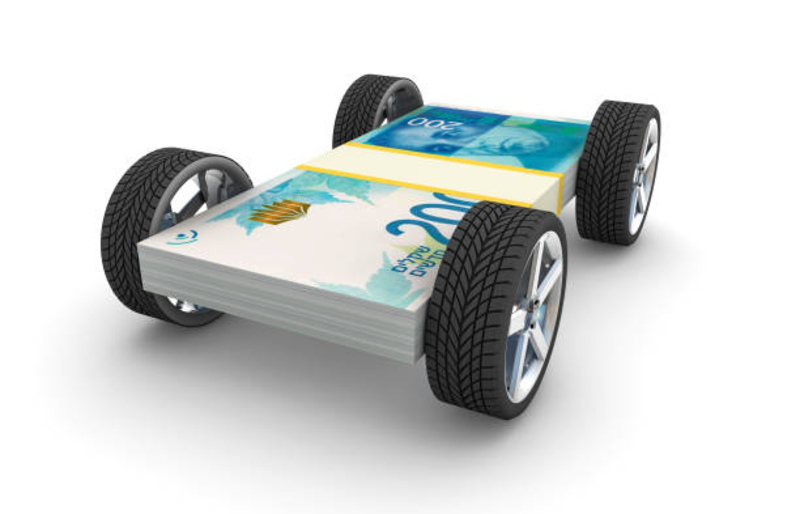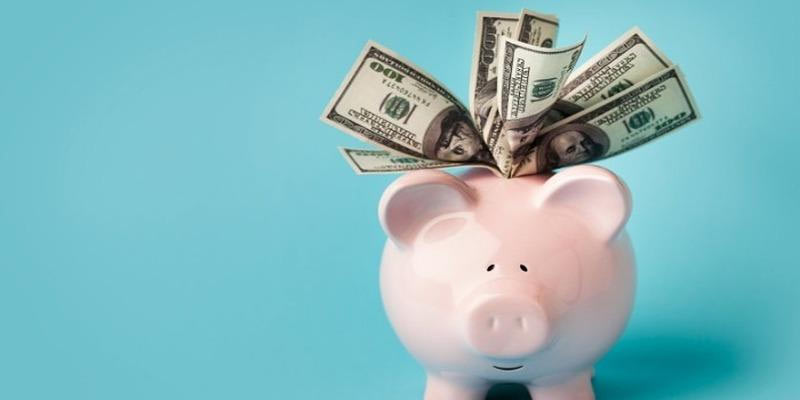Personal Loans vs. Car Loans: Which is Right for You?
Jan 16, 2025 By Kelly Walker
When it comes to securing financing for a significant purchase, you may be wondering whether a personal loan or car loan is the best option. Both products offer distinct advantages and disadvantages, so it's essential to understand how they differ before committing to either one. In this guide, we'll explain the key differences between personal and car loans, help you decide which type of finance deal is right for you, and provide tips on getting the most out of each product.
Overview of Personal Loans and Car Loans:
Personal loans and car loans both provide access to funds for larger purchases, with the main Differences the specific use of each loan. A personal loan can be used for various purposes, from consolidating debt to funding a home renovation project, whereas car loans are typically restricted to purchasing vehicles.
Interest Rates & Fees:
Regarding interest rates, personal loans generally offer lower rates than car loans, making them an attractive choice where the budget permits. However, car loans may be more competitive when considering fees due to dealer incentives such as no-cost financing or cash rebates. The total cost of your loan will ultimately depend on your credit score and creditworthiness.
Repayment Terms:
Personal loan repayment terms vary from lender to lender, with repayment periods ranging from 12 to 120 months. Car loan terms are typically shorter than personal loans, often lasting four or five years. Additionally, car loans may come with pre-payment penalties, so reading the fine print before signing a contract is essential.
Benefits of Personal Loans vs. Car Loans:

Car loans offer some distinct advantages for vehicle purchases, including,
- possibility of dealer incentives
- the convenience of rolling taxes
- registration fees
- other expenses into the loan.
personal loans come with,
- more flexibility in terms of use
- potentially lower interest rates
- fewer restrictions on repayment.
Additionally, applying for a personal loan is typically more accessible than a car loan since it can be done online without much paperwork or hassle.
Factors to Consider When Choosing Between the Two:
When deciding whether a personal loan or car loan is right for you, it's essential to consider the following factors:
- Use of funds (car loans are restricted to vehicle purchases)
- Interest rates and fees (personal loans may offer lower rates)
- Repayment terms (shorter with car loans than personal loans)
- Flexibility in use (personal loans offer more flexibility than car loans).
Ultimately, your decision should be based on which option meets your needs. By understanding the critical differences between these two financing options and weighing their pros and cons, you can make an informed decision that works best for you.
How Does Your Credit Score Affect Your Ability to Qualify for a Loan?
Your credit score is an essential factor in securing financing. A good credit score indicates a strong history of repaying debt and can increase your chances of obtaining competitive terms, such as lower interest rates or extended repayment periods. On the other hand, a poor credit score may result in higher interest rates or difficulty qualifying for a loan altogether.
Before applying for any financial product, it's best to check your current credit score and take steps to improve it, if necessary, by paying off existing debts and maintaining a healthy balance sheet. This will make you more attractive to lenders when negotiating financing deals on personal and car loans.
The Pros and Cons of Taking Out a Personal or Car Loan:

A personal or car loan can provide access to funds for larger purchases. Still, it's essential to be aware of the advantages and disadvantages of such financial products before making a decision.
The Pros:
• Access to more significant sums of money than regular credit cards
• Fixed repayment terms with predictable monthly payments
• Ability to build credit history through timely repayments
The Cons:
• Potential higher interest rates than other forms of financing (e.g., home equity loan)
• Pre-payment penalties on some car loans
• Possibility of falling into debt if not managed responsibly
Tips for Making the Right Decision on Which Type of Loan is Right For You:
• Calculate the total cost of the loan, including interest rates and fees
• Compare different lenders to find the most competitive terms
• Check your credit score before applying for a loan
• Consider other financing options such as home equity loans or financial assistance
Conclusion:
Choosing the right financing option for your needs is a critical decision. Personal and car loans each have unique benefits and drawbacks that should be considered carefully before committing. Carefully comparing different offers, understanding the repayment terms, and taking measures to improve your credit score can help you make the best decision for your situation.
FAQs:
Q: What is the Difference between personal and car loans?
A: Personal loans are typically used for any purpose, while car loans are restricted to the purchase of vehicles. Additionally, interest rates on personal loans may be lower than those on car loans, and personal loan repayment terms tend to be longer.
Q: Can I use a personal loan to buy a car?
A: Yes, you can use a personal loan to purchase a vehicle if that meets your specific needs. However, it's essential to consider the pros and cons of taking out such financing before making your decision.
Q: How does my credit score affect my ability to qualify for either of these types of loans?
A: Your credit score is essential in securing any loan. A good credit score can help you qualify for more competitive terms, such as lower interest rates or extended repayment periods. Conversely, having a poor credit score may result in difficulty qualifying for a loan or higher interest rates.
Q: What tips should I consider when deciding which type of loan is right for me?
A: Calculate the total cost of the loan, including interest and fees; compare different lenders to find the most competitive terms; check your credit score before applying for a loan; and consider other financing options, such as home equity loans or financial assistance.

Best LLC Filing Companies

The Ins and Outs of the Child and Dependent Care Tax Credit

All About Personal Finances Products

Unitranche Debt: An Overview

Essential Credit Cards for the Global Traveler

How to Avoid Penalty on Premature Withdrawal of Fixed Deposit?

How to Remove Someone From a Mortgage

How To Pay Taxes If You're Overseas

Best Mortgage Lenders Of 2023 If You Have A Bad Credit

